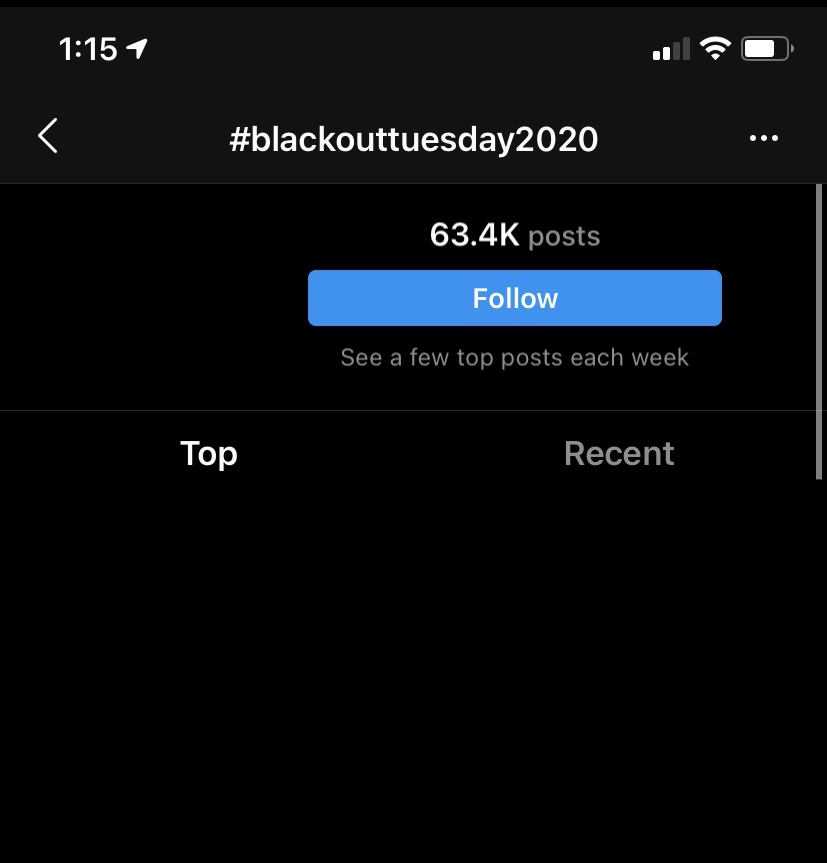The Surge in Repost Activism
December 17, 2020
Between this global pandemic causing people to grow bored, and an extremely stressful and unconventional era in our politics and government, repost activism is becoming far more popular. This type of activism can be loosely defined as the posting or reposting of politically or socially active content on social media. While it may seem noble to share things that are deemed important, there are questions that need to be asked. Is posting it helpful or unhelpful? Is it really an act of virtue and decency, or is it just an attempt to seem as “woke” as possible?
The answer to the first question is unclear and very circumstantial. There are instances when reposting could actually be quite helpful. This was evident before and after the presidential election. There were posts that laid out clear, fairly pointed-out differences between the two candidates, as well as posts telling citizens how to vote. These were undoubtedly helpful and could have potentially helped Biden win the election. We had record voter turnout for both candidates, and widespread information and tips on the voting process could have been a factor.
However, we have also seen countless numbers of ignorant and unhelpful posts on Instagram in recent months. The most extreme example of this was “Blackout Tuesday,” when millions of people took to the pages of Instagram and valiantly posted a black square in honor of George Floyd. The number of noble participants in Blackout Tuesday far exceeded the number of people who actually took the time to sign a petition to get Derrick Chauvin, the murderer of Floyd, arrested. According to one anonymous CHS Student, “It can be helpful to spread news when the news cycle doesn’t pick things up. However, I think a lot of times it can fall into performance activism, where people just post things to make themselves look good.”
The answer to the next question, as to whether or not it is valiant or just an attempt to be “woke,” is also somewhat of a gray area. There are people who work at food kitchens, campaign for candidates, and tutor underprivileged kids in school. When these people participate in repost activism, it would be unfair and wrong to call it virtue signaling. It is just another part of their extensive activism and help for their community.
However, if you have never, or rarely ever help your community, then it really is virtue signaling for you to participate in repost activism. How many of the people who tell you on Instagram to “call your local representative,” are actually calling their local representative? Definitely not all of them, and probably not most of them. After the Blackout Tuesday trend, many participants took to their Instagram to tell their fellow participants things like “we see you only posting a black square but then not caring after that,” as opposed to posting a black screen and then posting other things after. But how many of the people saying things like this actually took the time to do anything helpful for a political or social movement outside of their phone? The hypocrisy of these faux activists is crystal clear.
In an interview earlier this year, President Obama expressed a similar opinion. “If I tweet or hashtag about how you didn’t do something right or used the wrong verb, then I can sit back and feel pretty good about myself, cause, ‘Man, you see how woke I was, I called you out,’” he joked. “That’s not activism. That’s not bringing about change,” he said.
Obama was right. The youth is the future, and if the majority of us feel that the only method for positive change is clicking a button, then we are in serious trouble. We need to think clearly about just how what we do is going to help anyone or create any positive change. As one anonymous student at CHS said, choosing to be an “active activist” rather than a “passive activist” is one of the most important things that we can do in order to create real change.





